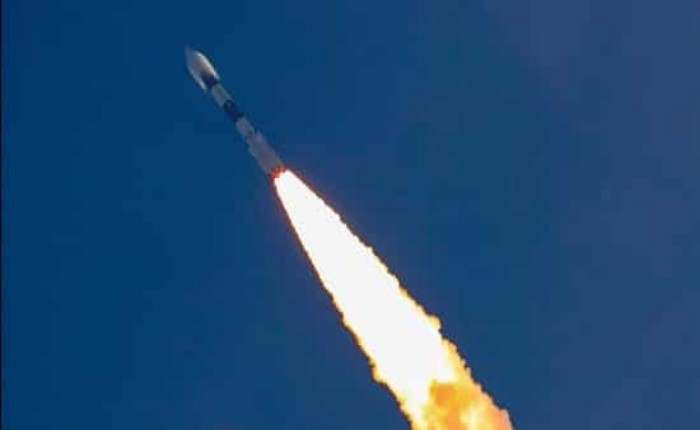New Delhi, February 24:
One of the two Indian space start-ups that were to send their satellites aboard this week’s PSLV-C51 mission has delayed the launch after some “software issues” were identified during the final round of testing.
“Due to certain software issues that surfaced during the final satellite testing, we have decided not to proceed with our launch on the PSLV-C51 mission. Given the time and effort that has gone into making the satellite, it did not make sense to rush a satellite to launch in which we do not have complete confidence at this time,” said a statement from Pixxel (incorporated as Sygyzy).
The satellite will be launched at the next available opportunity, the company said.
For Pixxel, this satellite – called Anand — was a technology demonstration for a constellation of 30 Earth Observation Satellites that would provide global coverage every 24 hours. This will enable organisations to detect and monitor global phenomenon in near realtime. The data will be available on an Artificial Intelligence-based platform, making the extraction of the data easy. It will have uses in agriculture, forestry, urban monitoring, and climate. The organisation hopes to complete the constellation by December next year.
The fifty-third flight of the Polar Satellite Launch Vehicle (PSLV) on February 28 will be the first to launch satellites developed by an Indian start-up since the sector was opened up to private players last year.
The satellite developed by SpaceKidz India, an organisation dedicated to promoting space science among students, will be commercially launched by Indian Space Research Organisation (Isro) as a co-passenger along with the primary satellite – Brazil’s earth observation satellite Amazonia-1. Isro had launched a SpaceKidz satellite in 2019, but it was not deployed. It was a technology demonstration for using the last stage of the rocket as a platform for a satellite.
Both the Pixxel and SpaceKids satellites were sent to Isro’s UR Rao satellite centre for testing and a problem was detected in the solar panels earlier. According to SpaceKids, the problem was with the resin that was applied on the solar panels and the satellite was sent for the launch after changing the panels.
The launch vehicle will also carry the Indian satellite SindhuNetra, which is a DRDO-funded satellite developed by a Bengaloru university for monitoring marine traffic, along with a nanosatellite develop by Isro and three UnitySats developed by an academic consortium.




